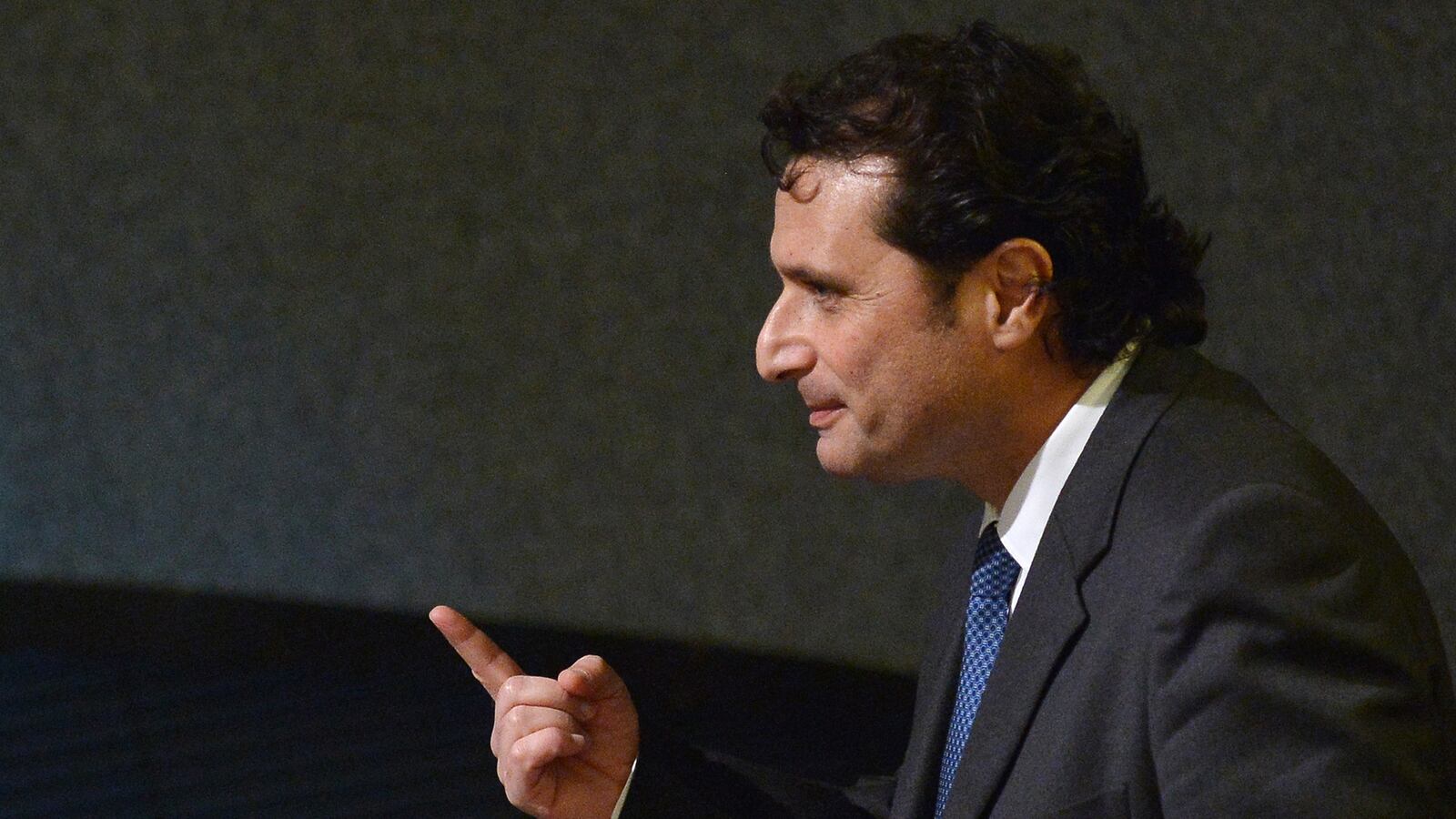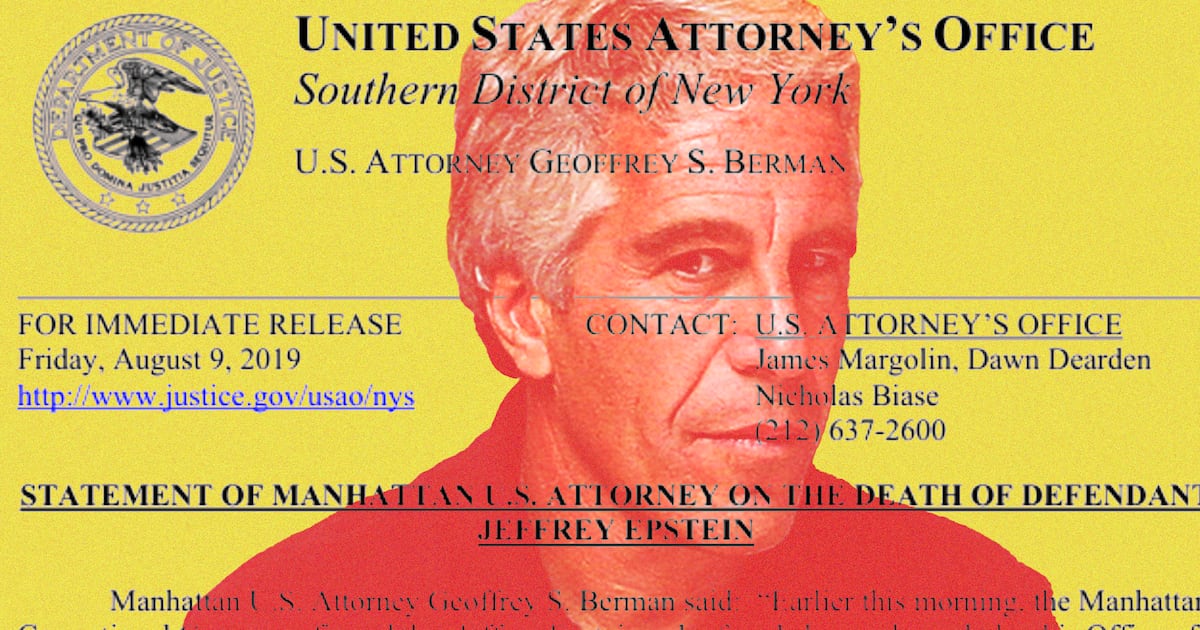GROSSETO, Italy — Captain Francesco Schettino was found guilty Wednesday of causing a maritime disaster, guilty of abandoning ship and guilty of 32 counts of manslaughter in the sinking of the cruise ship he commanded, the Costa Concordia. He was sentenced to 16 years and one month in prison.
Schettino’s trial never really was about guilt or innocence. After all, the facts were hard to dispute: Schettino ordered the ship off course and then negligently, albeit accidentally, crashed it into shallow rocks off the Tuscan island of Giglio in January 2012. By his own admission, he left the ship before all of the passengers were safely rescued—though he says he accidentally fell into a life boat and couldn’t get back on board. No one died on impact, but 32 of the 4,229 people on board lost their lives during the evacuation, which the captain had failed to call for nearly an hour after the accident.
According to Schettino, the real question has always been about money and how Costa and its parent company Carnival could make sure their insurance companies would pay for the hefty salvage operation, which will have cost $1.5 billion by the time the wreck is dismantled. The Concordia was parbuckled to an upright position in September 2013, and then towed to Genoa last July where it is being stripped down and recycled and sold for scrap.
In an exclusive interview with The Daily Beast last March, Schettino said he was a scapegoat. “Since the beginning, they have searched for a way to put all the blame on me, saying the captain went crazy for a moment, [so as] not to forfeit the insurance money,” Schettino told us. “It didn’t take long to figure out that it would all be better if the responsibility rested with just one person rather than the whole company.”
This week, as his trial wound down, Schettino’s lawyers repeated the claims, telling the panel of three judges that “the cards were stacked against Schettino” from the beginning. They claimed he was vilified, criminalized, and made the laughing stock of Italy. “The personality that was created is not in line with reality,” Domenico Pepe told the court. “He has been massacred.”
Pepe also argued that the court refused to accept requests to analyze various functions of the ship which Schettino claims malfunctioned and led to the deaths. Because none of the victims died on impact, the defense tried to prove that had the ship’s watertight doors and emergency generators worked, lives could have been saved.
Schettino’s defense team also blamed the crew for not being better trained, which he said was the responsibility of the company, not him. He blamed his helmsman, Indonesian national Jacob Rusli Bin, for misinterpreting his order to turn the ship away form the coast before the rocks were hit. None of those factors proved his innocence, certainly, but they may have played a role in his sentence, which could have been still heavier.
The captain has clearly learned his lesson. He will be able to appeal his verdict, and, given Italy’s court system, has a good chance to get a few years knocked off his sentence. Before the judges retired to deliberate, Schettino spoke: “On January 13, I died with those 32 passengers,” he said, then broke down in tears.
What is less clear is whether the cruise ship industry has learned its lesson.
Schettino’s lawyer told the court that he had an opportunity to go on a Costa cruise, which he said he did to help better understand how to defend his client. He said that when Schettino worked for Costa, the Concordia only had two muster stations, where passengers meet when there is an emergency. Pepe told the court that the cruise he was on had ten. He also said that the members of the staff were attentive and well trained, and that they spoke a number of languages, which he was able to test with his multi-lingual wife’s help.
Pepe said there were crew members near the meeting areas on the ship he took, which was not the case the night the Concordia went down. Pepe also surmised that proper checks had been made to ensure the watertight doors and emergency generators functioned, too.
“This trial has served a purpose: to correct the industry,” said Schettino’s lawyer. “And who knows how many lives could have been lost in the future if not for that.”
Photos: The Sinking of the Costa Concordia






